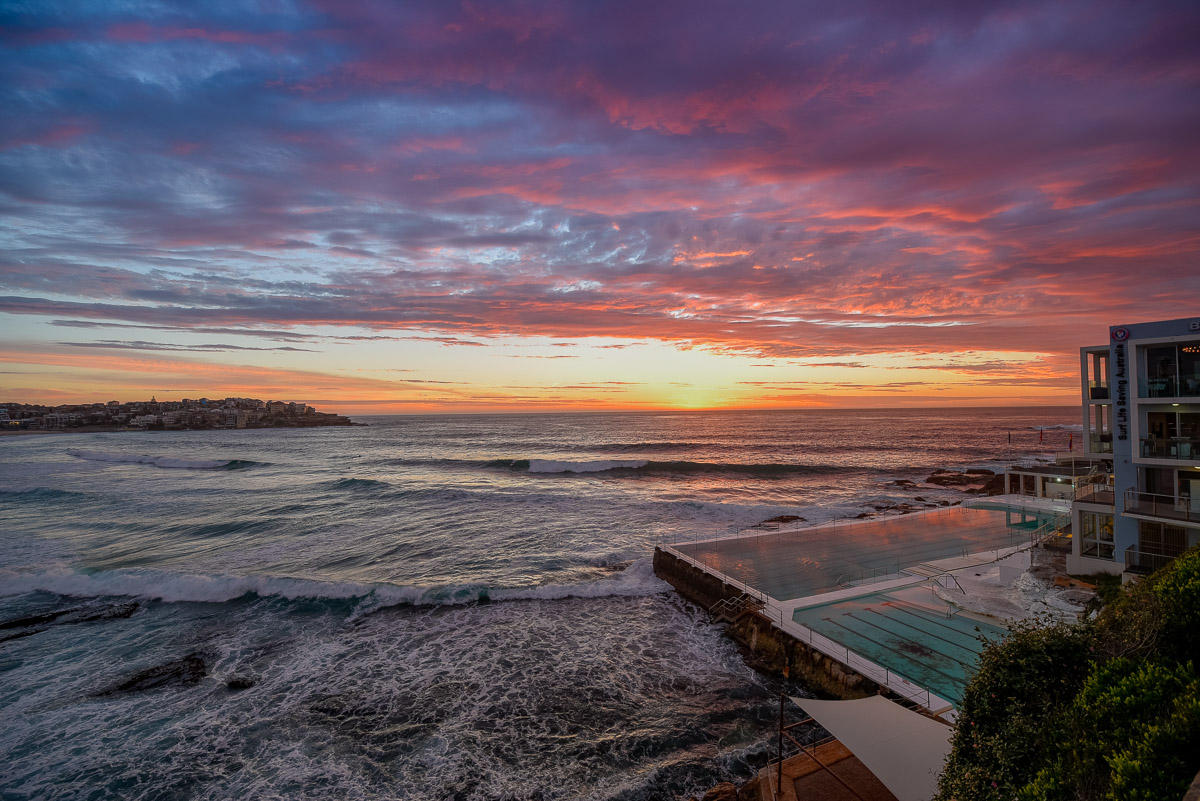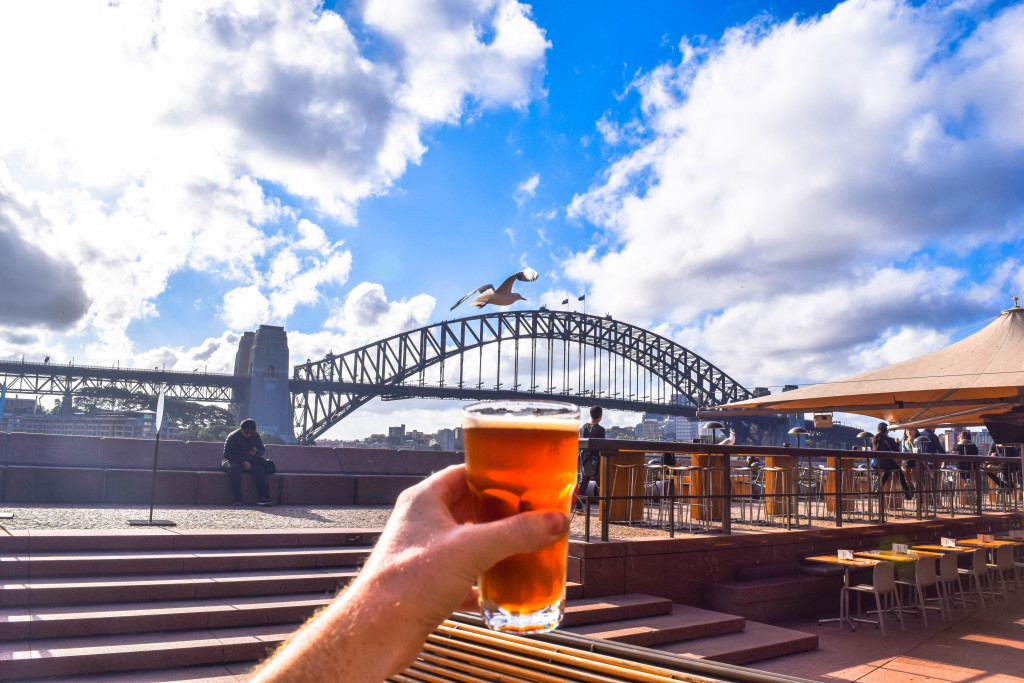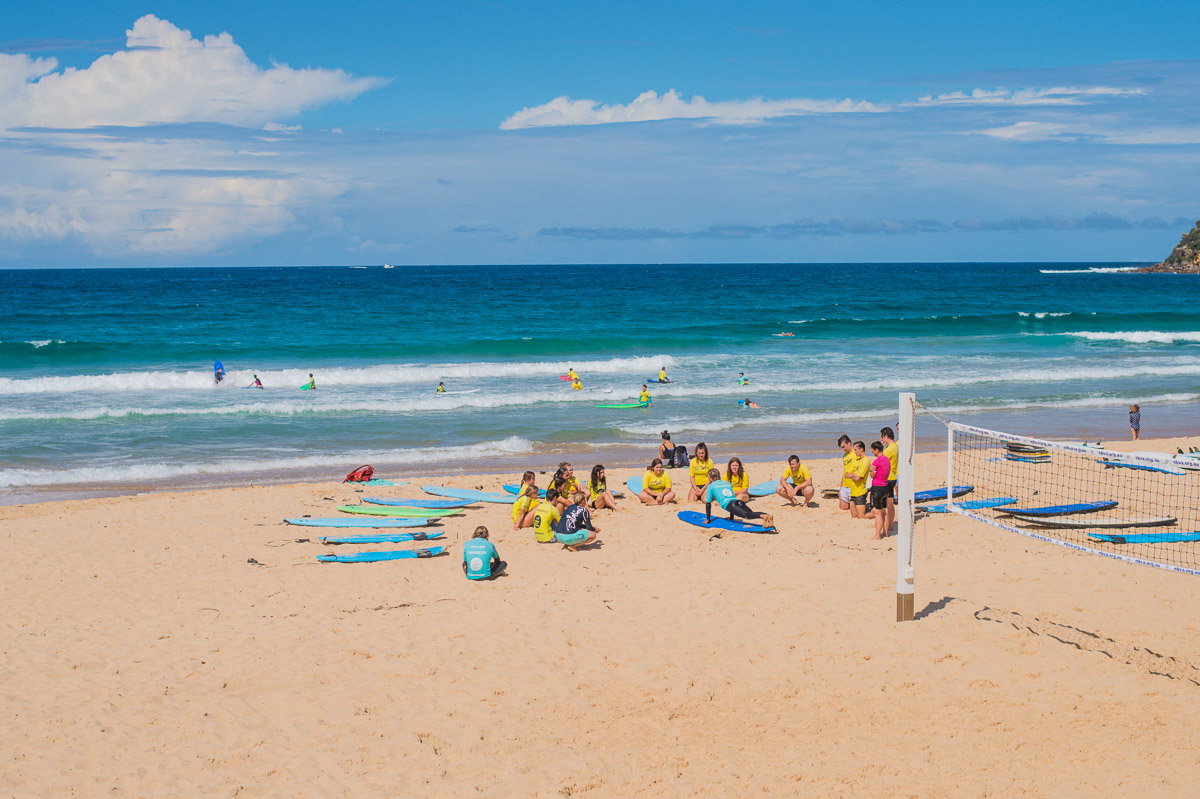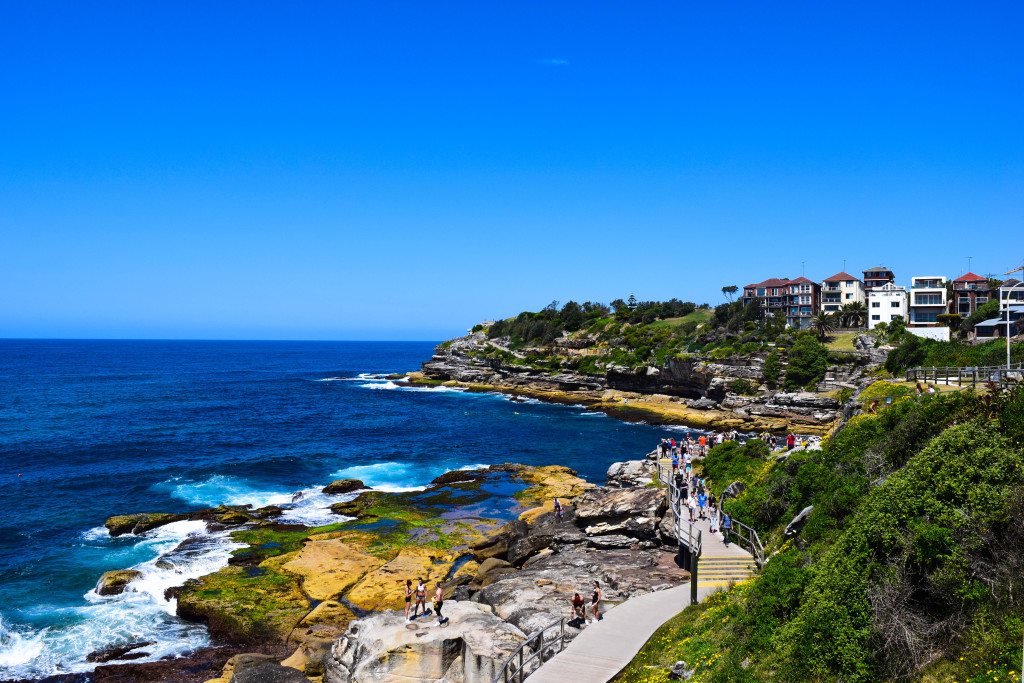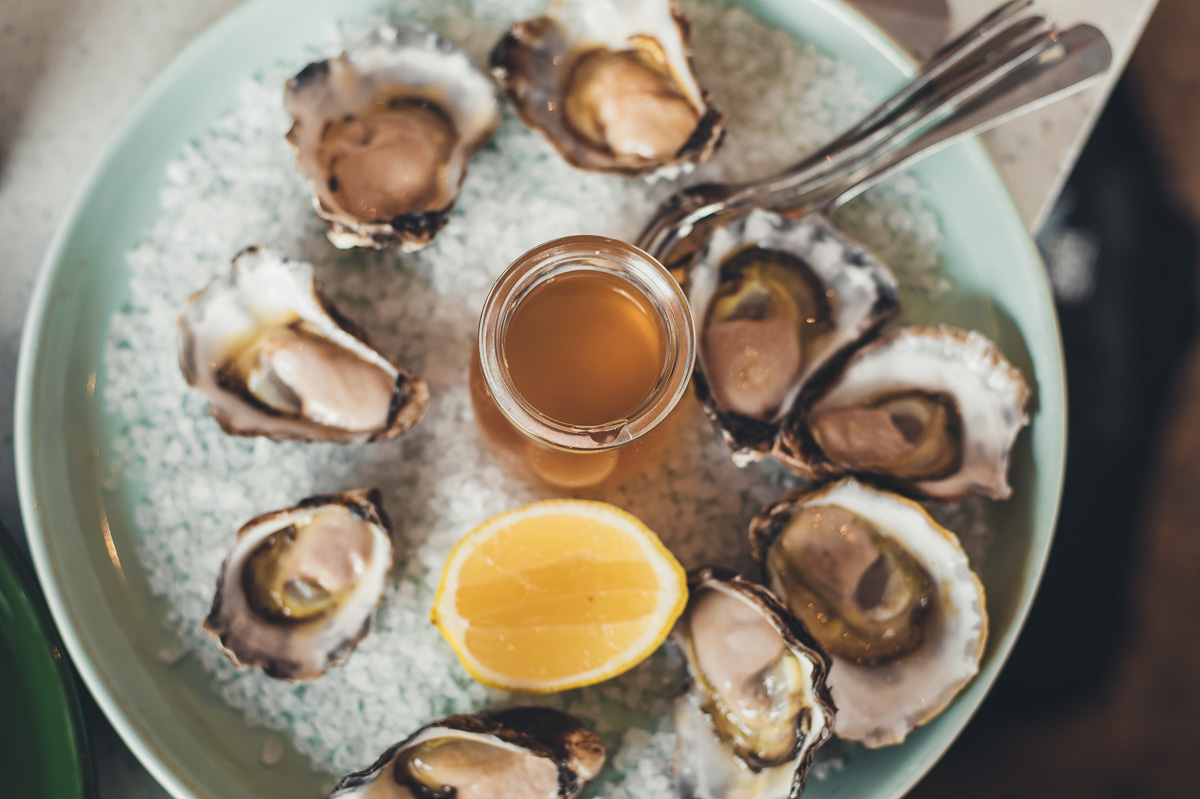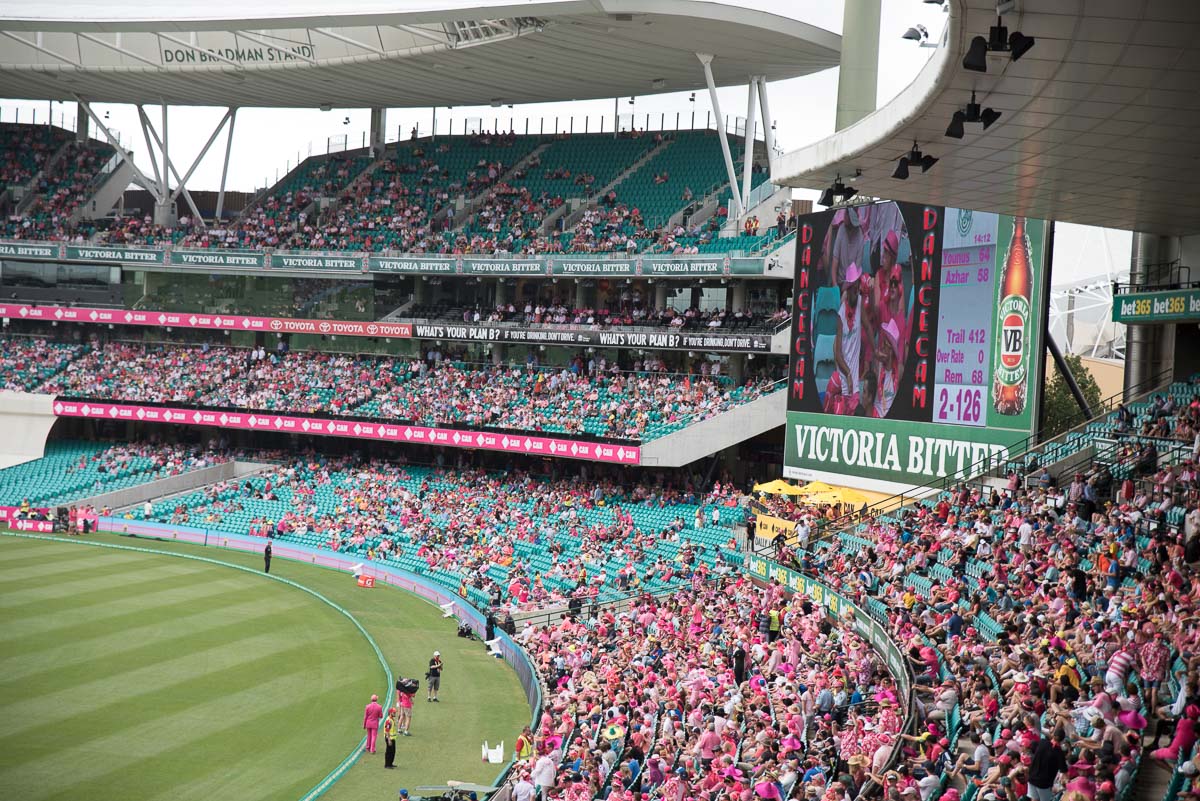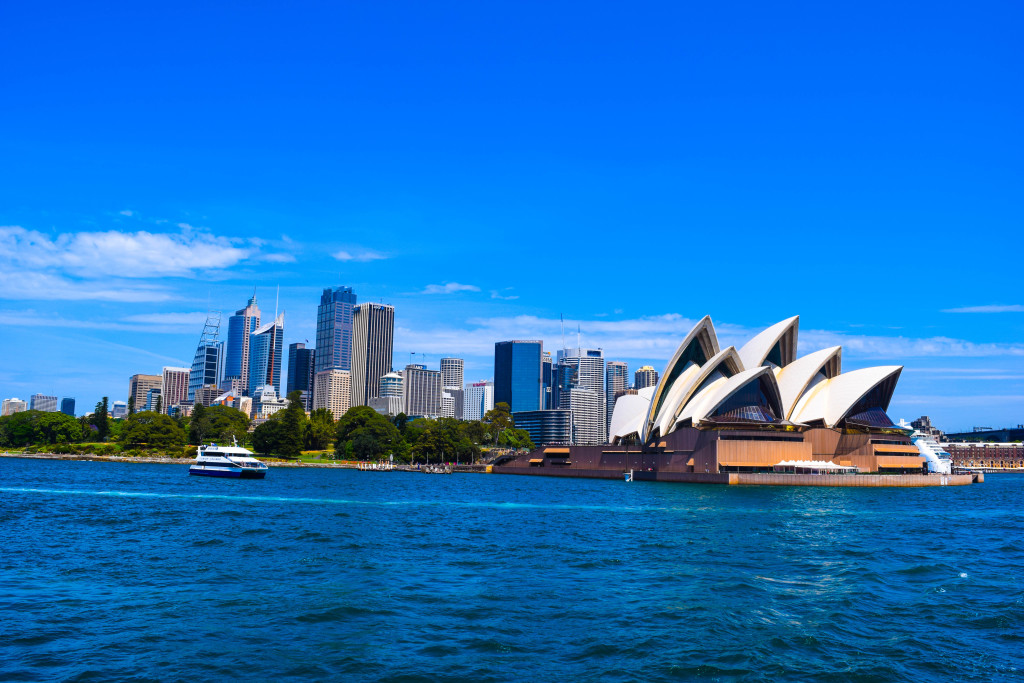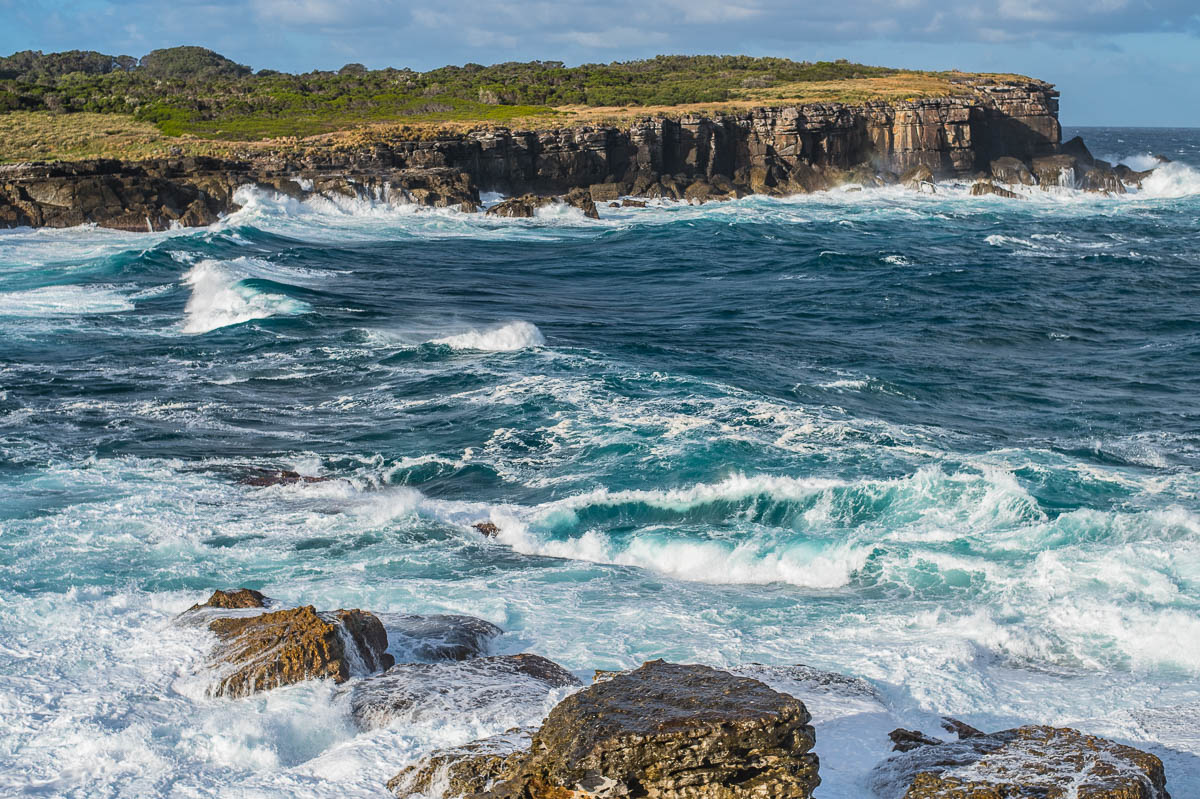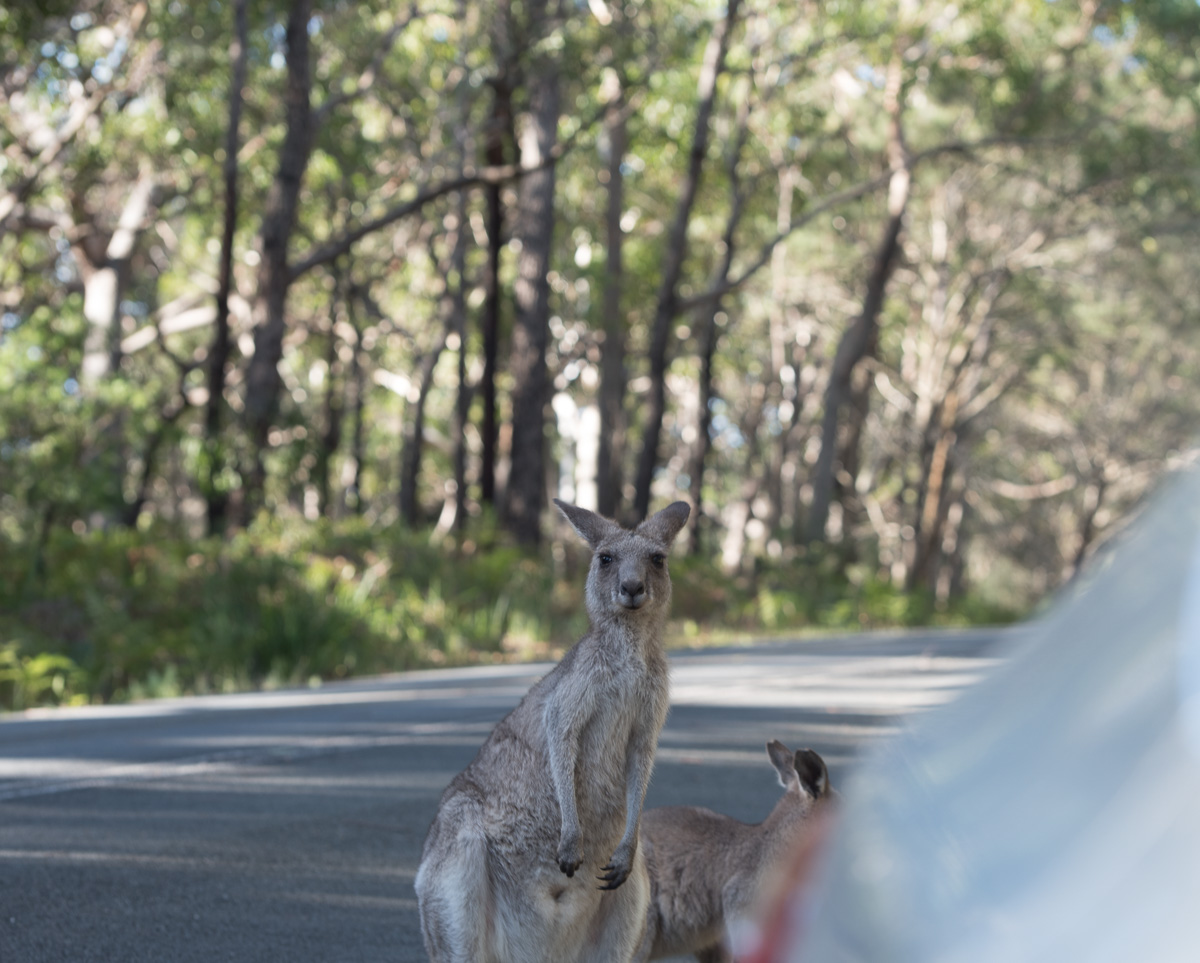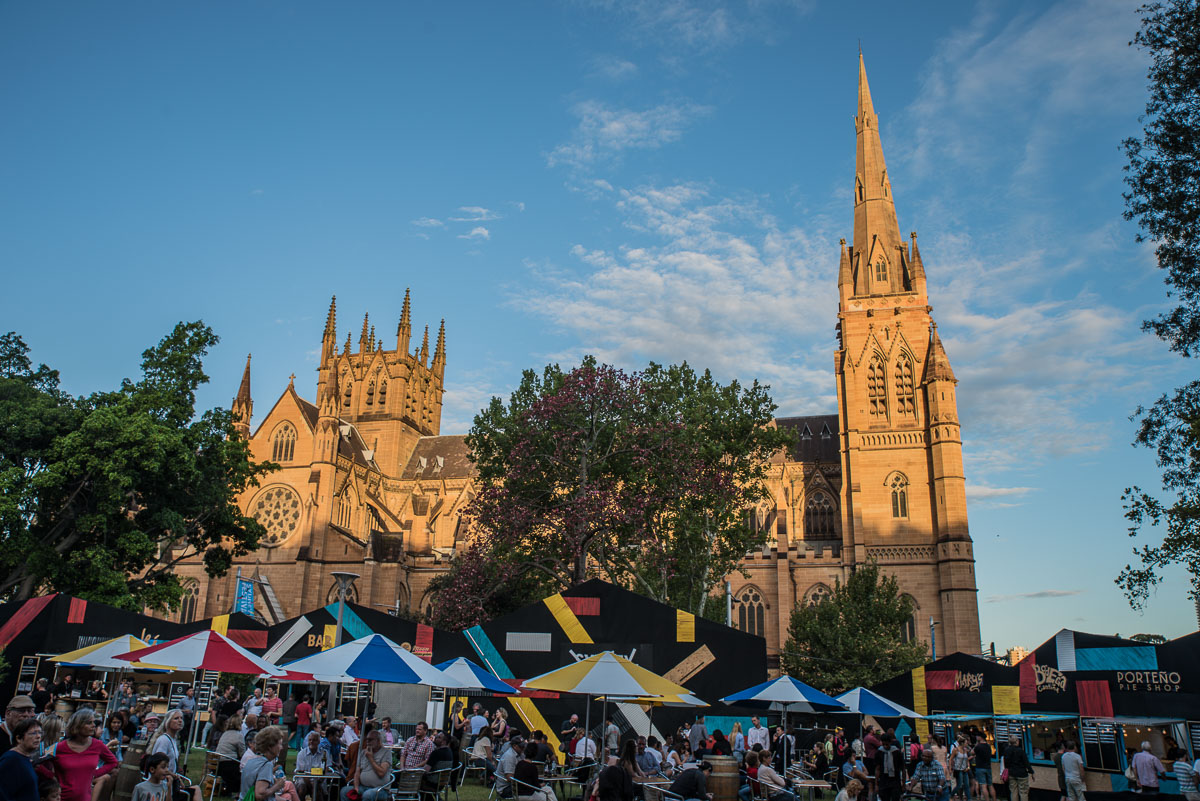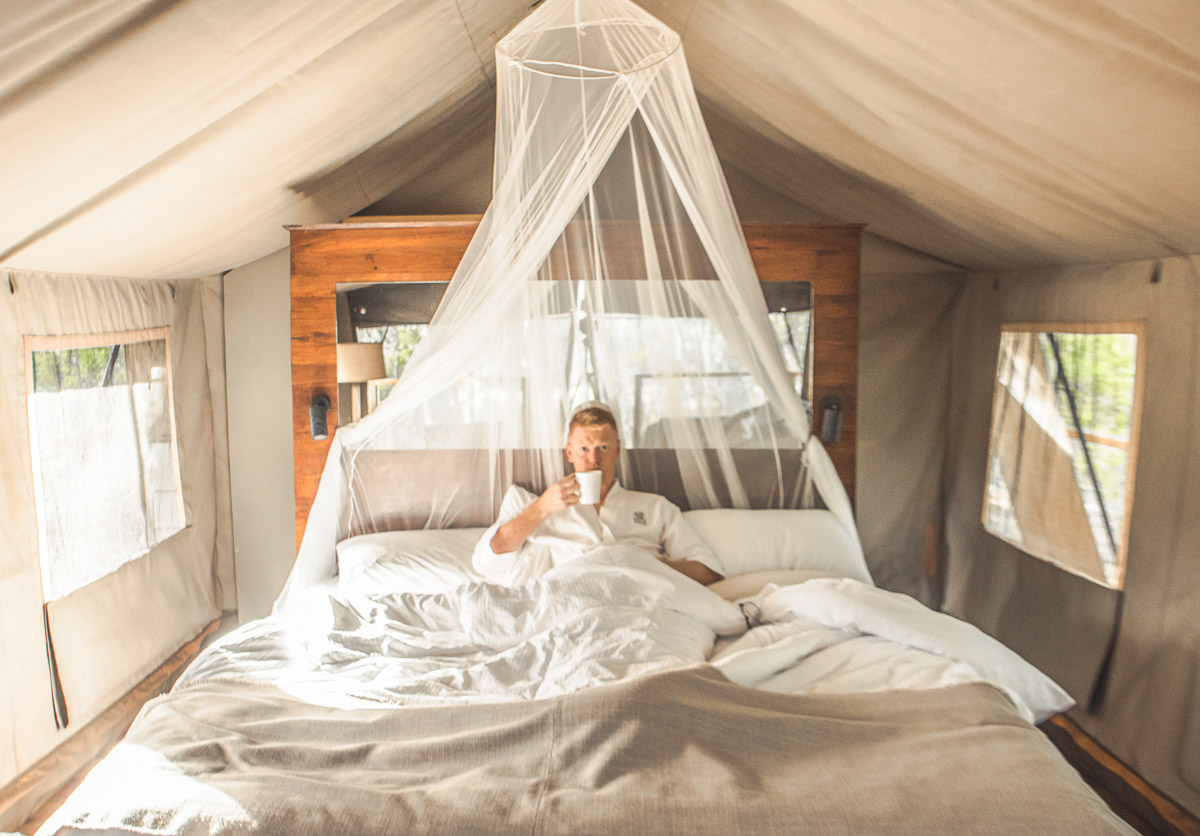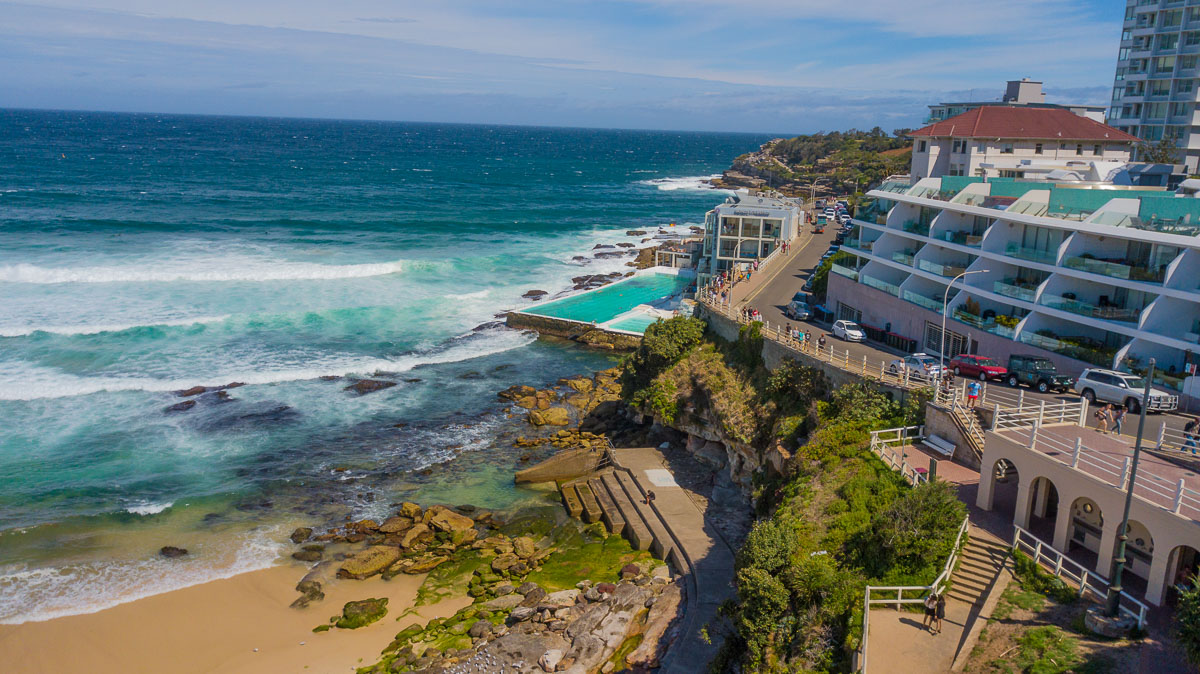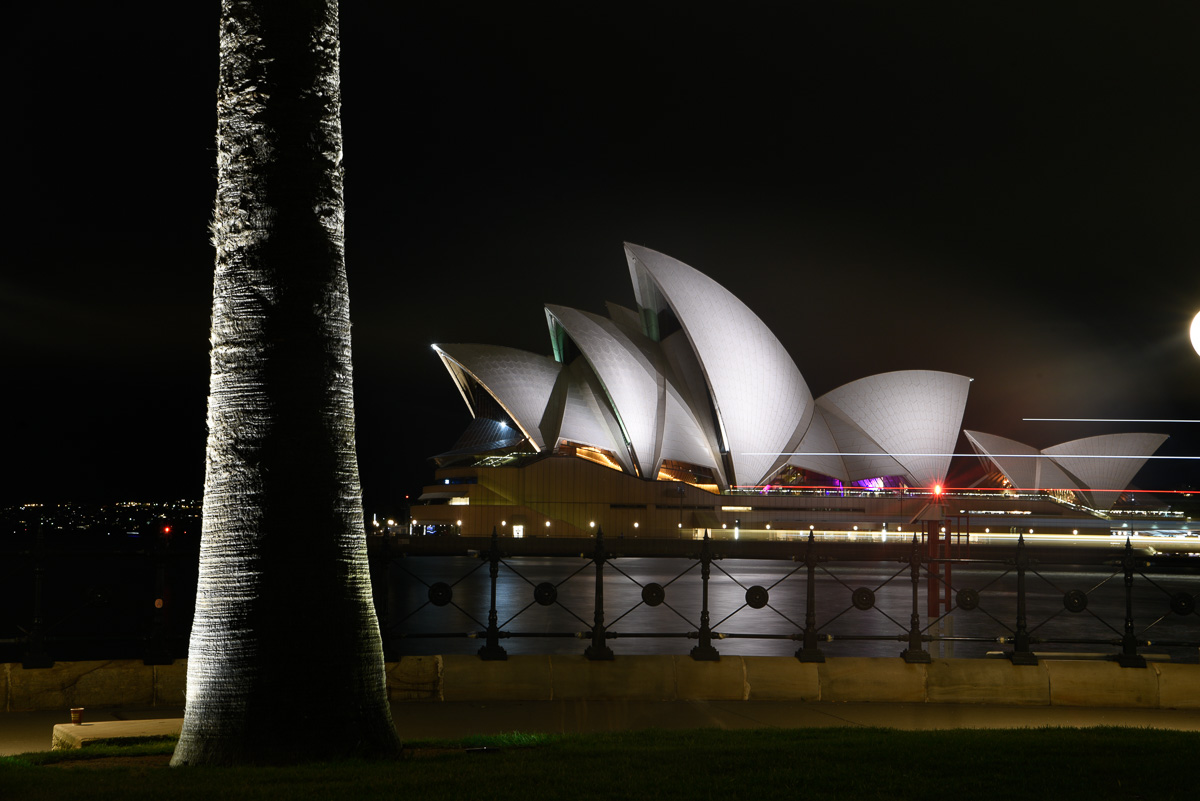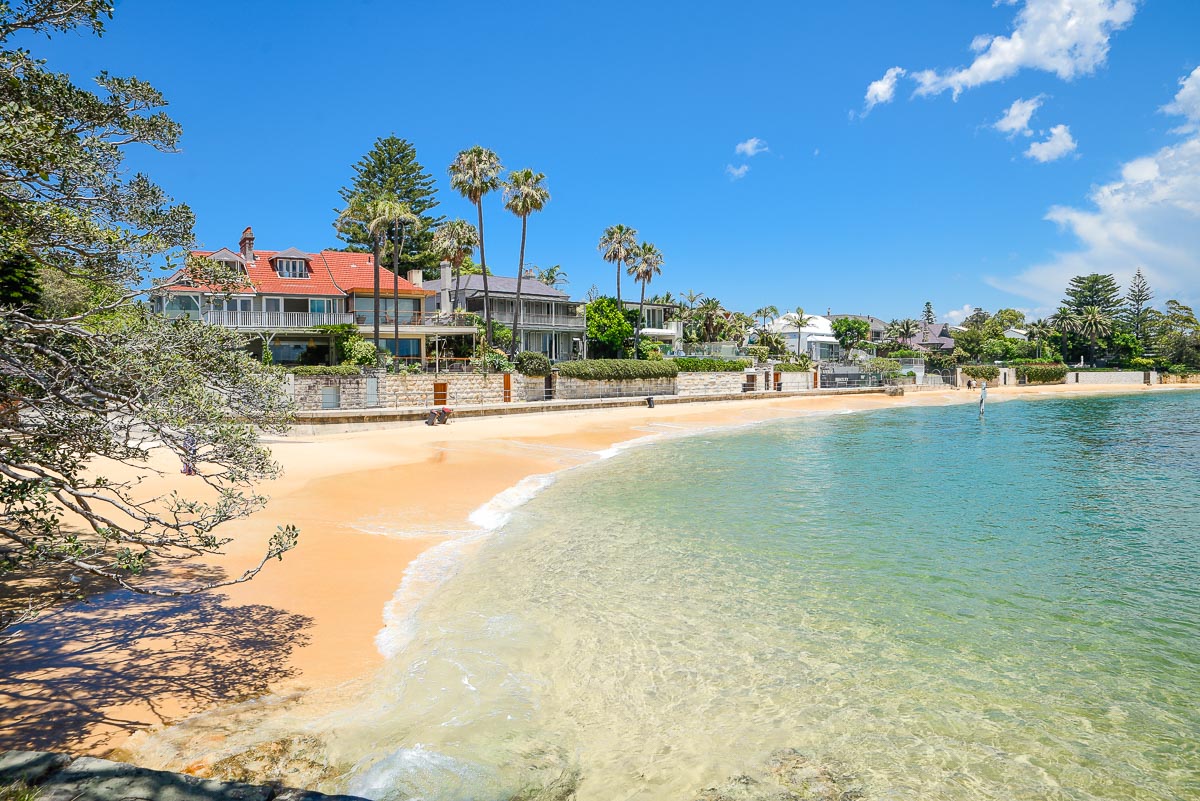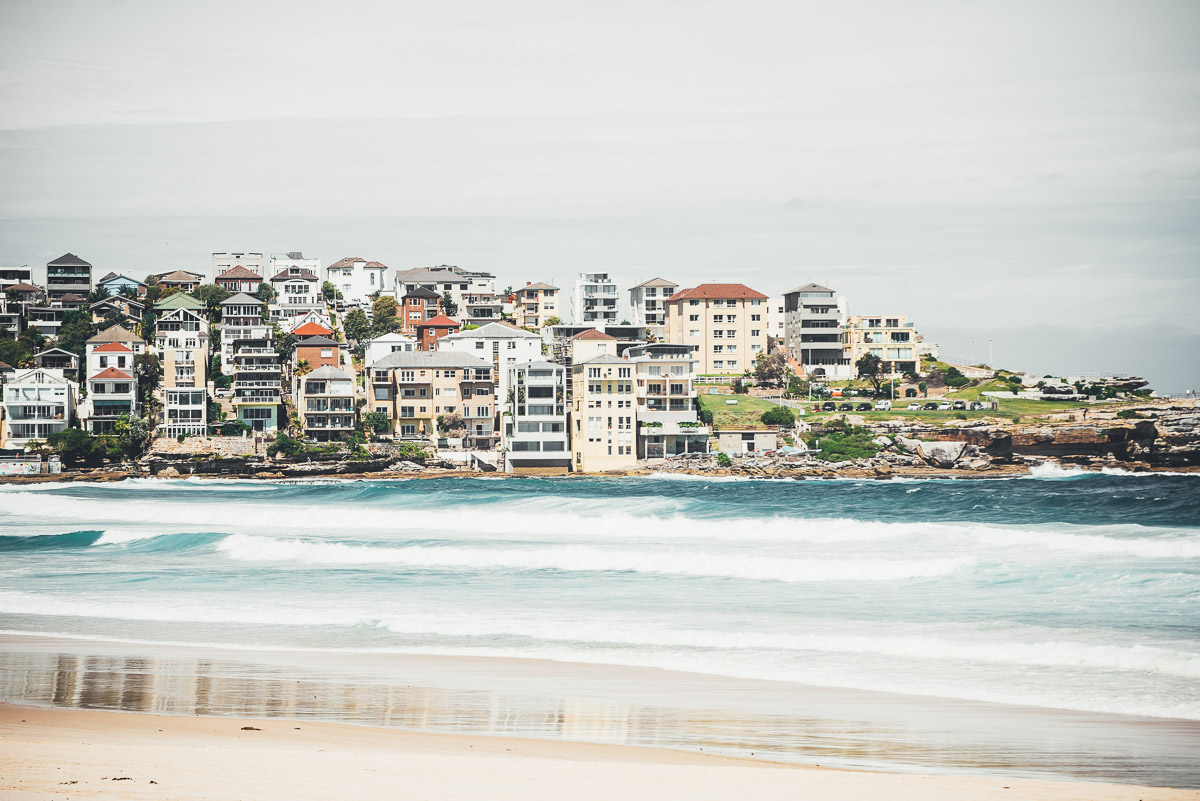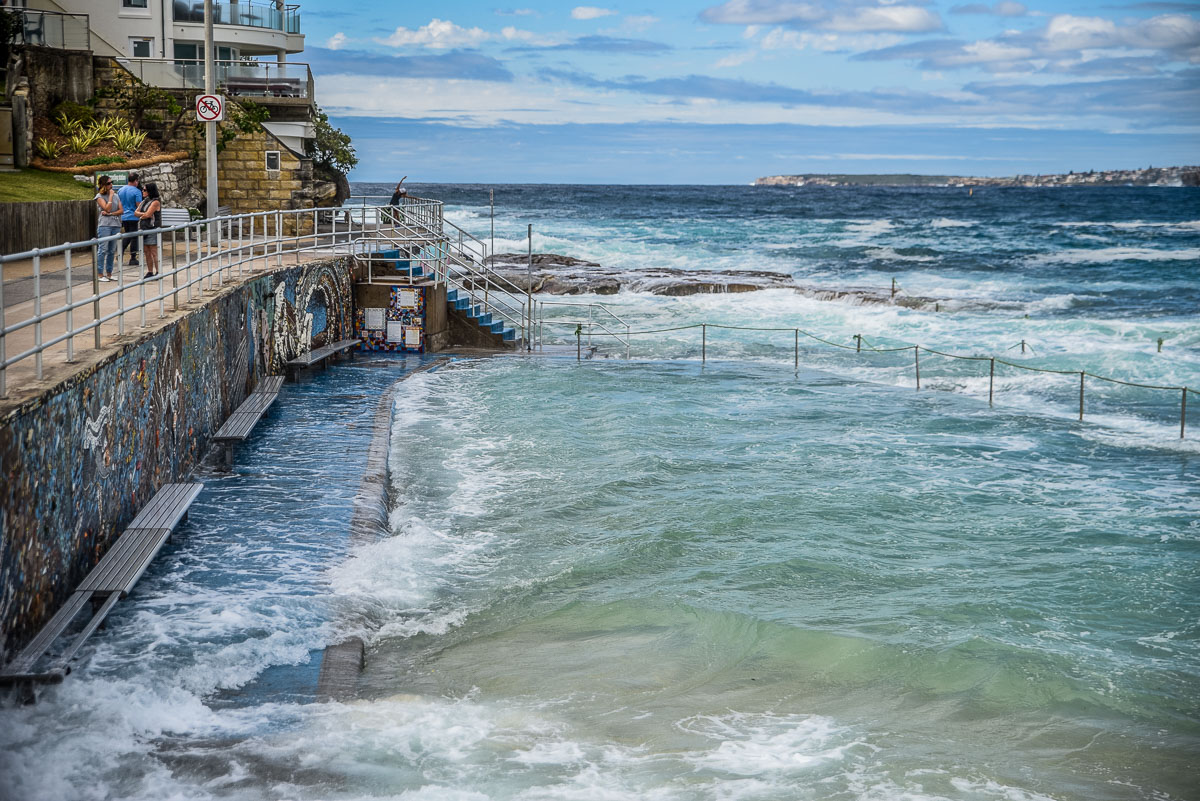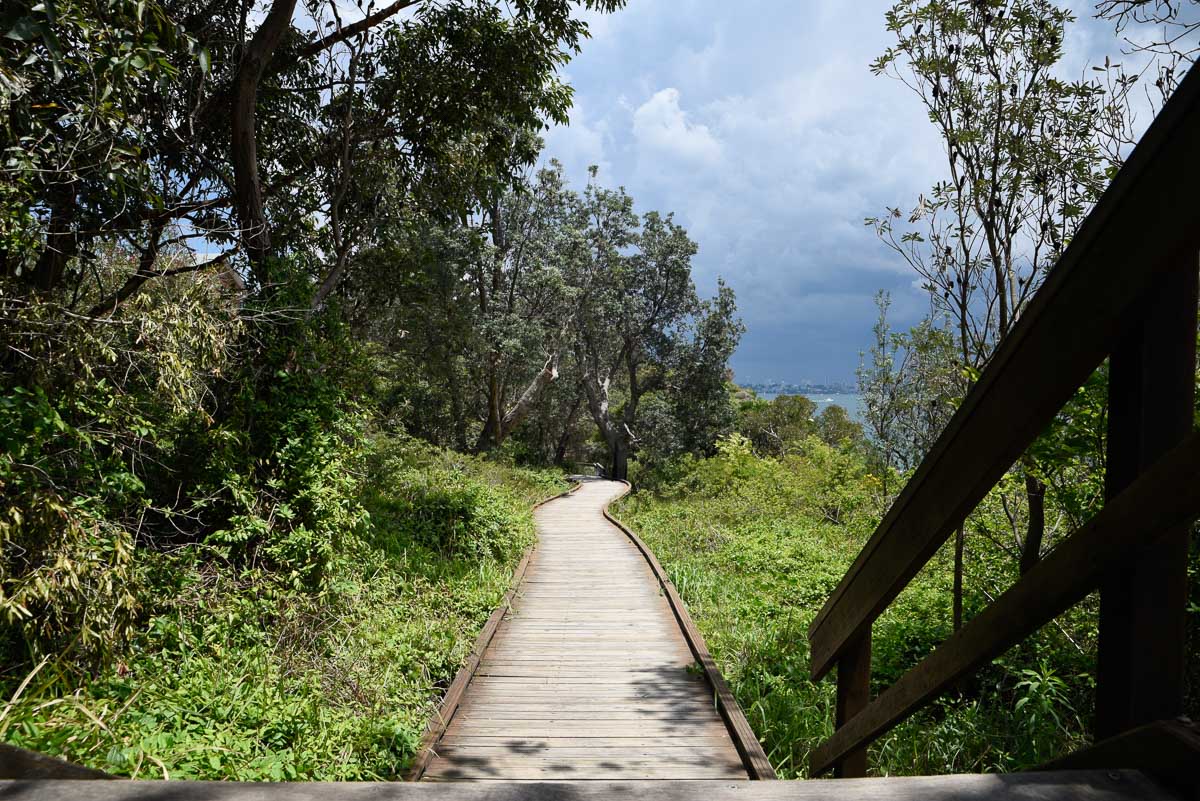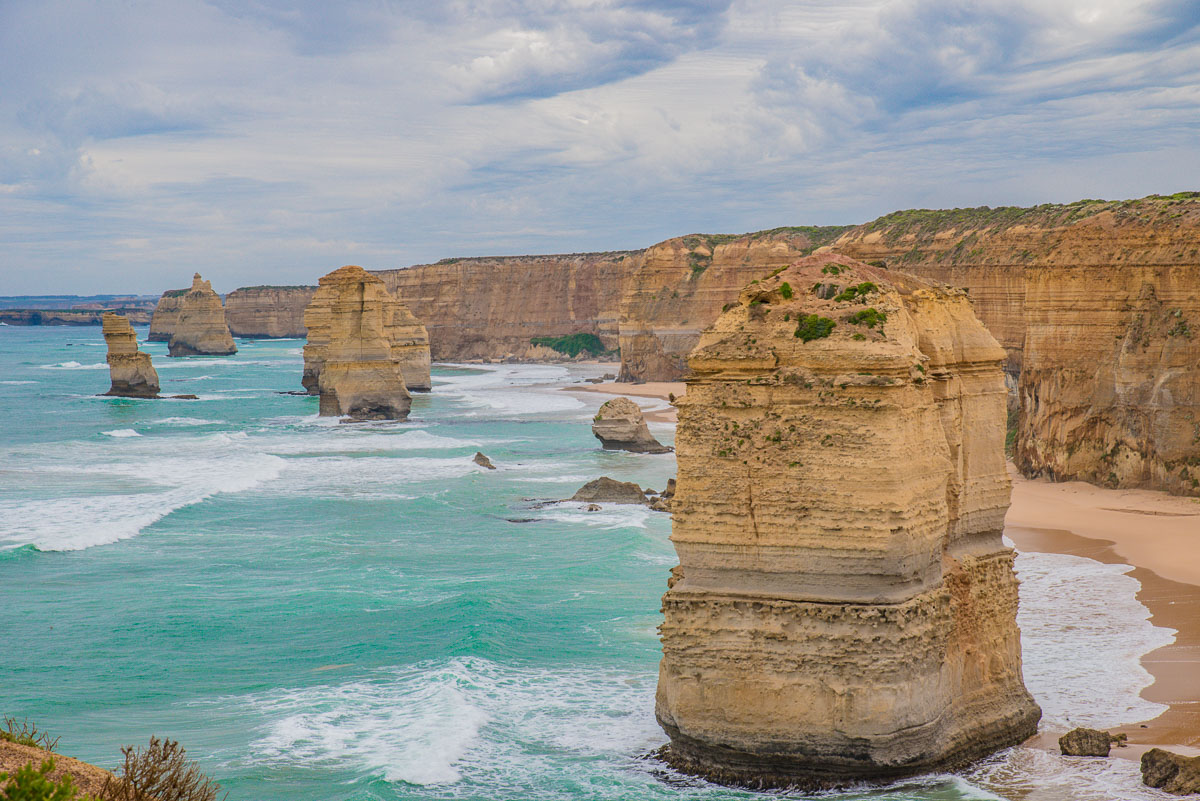G’day Mate. How ya going!? I’ve been living in Australia for about one month now, and it’s weird how quaustralian slang for afternoonickly I’ve been able to adapt to the local vocabulary/ Australian slang! I absolutely love the Australian accent, and sometimes saying these words may sound weird without it, but I’ve still picked up quite a few of these popular phrases.
If there’s one main rule about “speaking Australian” is that you basically just try to shorten every word as much as possible. It’s pretty fun, and actually correlates with the culture here; laidback, relaxed, and focused on having good times.
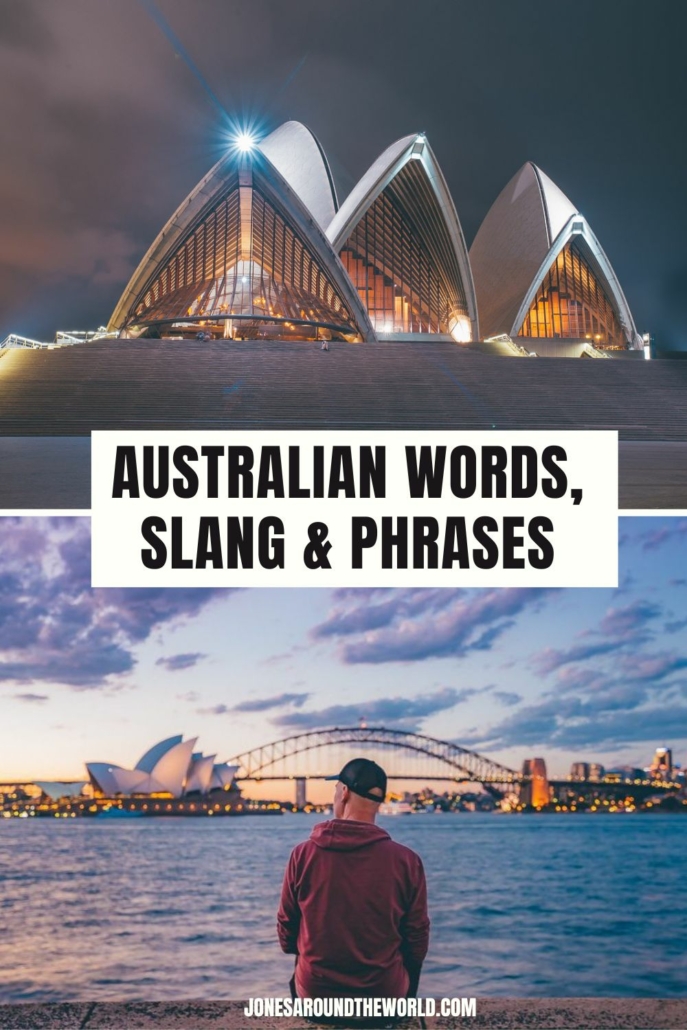
The Best Australian Slang
Australia Slang
Before we get started, let’s run through some Aussie slang basics.
As a general rule if a word or phrase can:
- Be shortened – it will be.
- Include the suffix “ie” or “y” on the end – it will be. Examples include: brekky (breakfast) and sunnies (sunglasses).
- Include the suffix “o” (usually if “ie” doesn’t work) – it will be.
- Changed to an entirely different word that is either a) one syllable or b)
Aussies are a casual breed and our dialectic reflects that.
Now, let’s examine the art of Australian vocabulary a little more closely. If you move to Australia, definitely plan on adding these to your vocabulary.
Straya
To start off with the list, I got to mention that it’s rare to even hear an Australian pronounce their full country name. I often catch myself pronouncing every letter in Australia, and quickly realize how that’s not necessary. Just shorten it to STRAYA!
Cheers
What does cheers mean in Australia? Coming from America, the only situation we ever say “cheers” is at the beginning of sharing a round of drinks. That is definitely NOT THE CASE in Australia.
Cheers in Australia is used for so many different social scenario’s. It’s a way of saying thanks, understanding, drinking, and also a way of saying hello and goodbye.
Even years after moving out of Australia, I’ll use cheers as a way of saying thanks/ after purchasing something. It’s one of the more common ways to say goodbye in Australian!
Far Out
What does far out mean in Australia?
This is a really fun and unique slang term, and basically means that something is unbelievable, kind of like saying “NO WAY! That is crazy”.
You might recognize this as used by Crush the Sea Turtle in the movie Finding Nemo, and is popular among the surfing culture in Australia.
Keen
Are you interested in going…? “Yeah, I’m keen”. This word basically means you’re down for something. You’re interested. You’re KEEN AS!
Keen Australian slang basically just means they’re super willing to partake in whatever was asked. It’s another one of my favorite Australia slang terms that I’ve adopted into my everyday life.
.
Mate
Might quite possible be the most obvious one on the list — when you move to Straya, you’re going to start saying mate. You can try to fight it, but it’s going to happen. I’ve already caught myself send it in Facebook messages to friends back in the States, and they were to quick to laugh and judge me for the use of this vocabulary addition.
Arvo – Australian Slang for Afternoon
Short for afternoon. It’s that simple. It goes back to the cardinal rule of Australian language.
Why would you say the whole word for afternoon when you can just say “arvo” in half the time. “Oi mate, how ya going this arvo?”
You’ll get used to this one real quick! While I don’t use this one too much anymore in my life, I absolutely still it when I’m texting/ chatting with my Aussie mates back in Sydney.
Heaps
Australians use the word “heaps”….well, HEAPS. I’ve slowly stopped saying “a lot”, “many”, “hella”, and “tons”. All of these words have been swapped with HEAPS.
Loose
The only way I used to say loose was if I was referring to a promiscuous girl (cue Timbaland music), or if an article didn’t fit right. It didn’t take to long to realize that in Australia, loose has an additional meaning. To put it simply, it means getting “drunk”, “wild”, and “out of control”. For example, “last weekend Hamish got so loose, it was hilarious”.
Knackered
Another word that might be well known around the world, but is never really used in American English. When you’re around people saying it enough though, you’ll find yourself adding it into your diction. “There’s no way I’m going out tonight, I’m knackered from working all day”.
Sunnies
This is just a short and fun word for “sunglasses”. I think this one will stick with me for life.
Macca’s
The first couple times I heard this, I had no idea what people meant. But I did quickly learn that no one ever calls “McDonald’s by it’s full name! If you’re looking for a BigMac, head on over to Macca’s!
Brekky
You NEVER go for “breakfast”. You just gotta shorten the word, and add a “Y”!
Ranga
This one is specifically for me because I had red-hair, freckles, and pale skin — A.K.A — I’m a “Ginger”. Australians do use the term Ginger as well, but of course they have created another term for us red-headed folk. They call us “rangas”. Which is short for…Orangutan!
Dart
No, not the game played at the pub on a Friday night. Which, by the way, has always been cause for concern as an OH&S hazard. Whoever thought handing a sharp, metal object to an intoxicated individual to be flung through the air across the room past their friends, family and strangers faces was not thinking of the chaos that would ensue. Or were they? It is Australia after all…
Nay, this is in reference to a cigarette. Often heard sung around Australian nightlife as background music. “Got a dart, mate?” or “Gunna go smoke a dart”.
A dart may also be referred to as a “durry” or “smokes”.
What a creative breed.
Tinnie / Stubby
Also known as a can of beer.
Aussies aren’t always great at asking questions. Rather than asking for “One can of beer, please.” you’ll often hear our locals simply proclaim, “Throw us a tinny, mate!”.
Thongs
Steady on boys, this is not what you are thinking! Thongs in the native tongue are in fact flip flops. The jelly like sandals that one wears to the beach, or in the case of Aussies – everywhere!
Maybe it’s the white sandy beaches but no one likes to wear shoes in Australia. Fact.
Ay
SURPRISE! It is not just the Canadians that add this to the end of literally everything.
Ay is a beautifully versatile two letter addiction that appears at the end of all sentences. Dare not be fooled – though he is but short he is powerful. Ay can be used to ask questions “What do you think of that, ay?” Confirm agreement “Totally agree, ay.” Even symbolize confusion “I’m not sure, ay.”
They love it, ay.
Noice
Yeah noice!
Pronounced “noi-ss”. This replaces the standard “nice” when someone is pleased with what they have heard or seen. I can’t explain it, it just is.
Oi
It would not be totally surprising if you moved to Australia and immediately thought we were a bunch of rude pricks. Why use “excuse me”, or “hey” to catch someone’s attention when you can shout “Oi”!
A defining cultural difference that separates our brood from the rest. In no other country can you witness an entire conversation yelling over a public forum that has started with the melodic howl of “OI!”.
Guess that’s why it ended up in the country cheer…
Aussie, Aussie, Aussie… Oi! Oi! Oi!
Bottle-O
Told ya – Bottle Shop quite the mouthful once one is on their merry way at a party or running out the door to pick up their next slab of stubbies.
The Bottle-O is where it all happens.
Chuck a “U”ee
Any guesses what this is?
This glorious piece of word-man ship is in fact the instruction to “make a u-turn”. Where did this come from? Who even knows but we wouldn’t change it for the world!
Fark
Along with the sounds of kookaburras and cicadas in the summer you will hear the majestic calls of the Aussie natives “Faaaaark!”.
Similar to the more commonly known “fuck”. Fark is its own Aussie take on the exquisite swear word of the globe.
Since the end of time Aussies have managed to add extra syllables, vowels and down-right absurd sounds into their words but “fark” takes the cake in my opinion. Adjusted to suit any requirement this word is a staple in your Aussie vocabulary if you want to fit in.
In fact, this is no longer considered a swear work over on the convict island. A judge of the court has even ruled it so!
You farking beauty!
C*nt
Last but not least — arguably the harshest word in the English language, “C*nt” is used much more often here in Australia. Coming from America (or anywhere else in the world), it can be a shock at first. As an example, I even heard this word used in advertisement for a TV show! I know just because you move here doesn’t mean you’ll start saying it, but I couldn’t make a list like this and not include this favorite Aussie swear word.
Check out the video to understand this a bit more!
Think I’m missing any words? Let me know!
Share with your Aussie mates and backpacker friends!
Planning a trip tip Australia…?
For starters – make sure you sign up for a new Airbnb account!! It’s one of my favorite ways to explore the country, and you’ll get a whopping $55 AUD OFF YOUR FIRST STAY (which is basically a free night).
I’ve also written HEAPS of articles about this amazing country, so make sure to check out a few of them to help plan your Aussie travels!
I’d also highly recommend picking up the NEW Australia Lonely Planet Travel Guide. It’s a pretty epic book, and can definitely be a lifesaver while you’re down in Oz!!
Thanks so much for reading my favorite Australian Slang!
Like this post? Follow me on Facebook, Instagram, and Twitter for more adventures Around The World…

